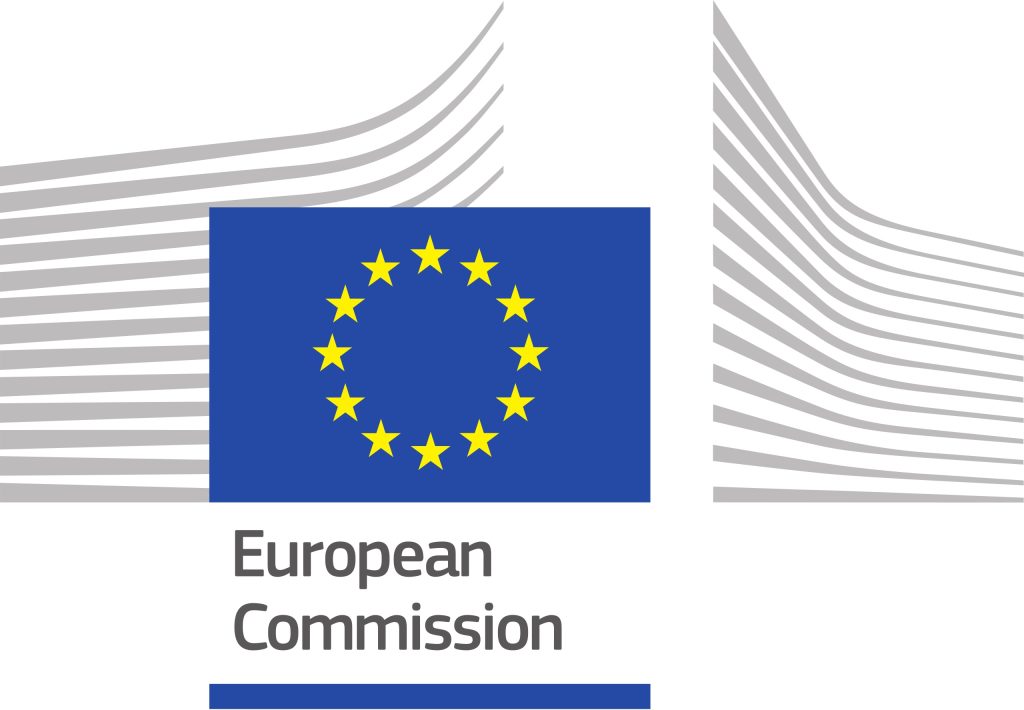
Technologies/solutions to support circularity for manufacturing (Made in Europe Partnership) (RIA)
ExpectedOutcome:
Manufacturing industry should benefit from the following outcomes:
- Assessing the environmental impact of their products, including the flow of products after their use to reduce product and raw material waste with the support of digital technologies;
- Achieving a considerable net reduction of the environmental impact through the use of innovative modelling and simulation software that allows transport and manufacture monitoring, ultimately driving the decarbonisation of the manufacturing industry;
- Facilitating the development and uptake of digital tools/platforms such as the EU Digital Product Passport, to increase traceability and characterisation of materials and products (e.g. at analytical research infrastructures), including environmental footprint and quality;
- Removing barriers in the uptake of the digital tools from the market will be addressed and the workforce will be empowered through new skills.
Scope:
Manufacturing plays a key role in achieving the twin transition goal through enhancing circularity, facilitating decarbonisation whilst enhancing competitiveness. A broad range of digital technologies and engineering tools can be employed to achieve the systemic circularity of the European manufacturers.
Data pooling and sharing among sectors and across the whole value chain, as well as the use of external environmental impact data such as LCA-data, would facilitate recycling and remanufacturing, by modelling and monitoring the life cycle of products and components. Such data pooling would enable a better insight into the environmental footprint, including the CO2-footprint, of products and components. To achieve that, there is a need to build trust by ensuring data exchange and interoperability across industry sectors and relevant stakeholders, while also focusing on aspects like data quality, cybersecurity, reliability, and accessibility. The forthcoming Sustainable Product Framework (SPI)[1] that has been announced as part of the Circular Economy Action Plan 2.0 in 2020 is proposing the Digital Product Passport to electronically register, process and share product-related information amongst supply chain businesses, authorities and consumers, therefore the manufacturers should be prepared for its implementation.
The transition to the circular manufacturing requires a new mindset and expertise. All the technological improvements of the manufacturing process should always support the human aspect in order to uptake these improvements through upskilling and reskilling of the manufacturing workforce. The workforce should be engaged in the realization of circular approaches and the new manufacturing technologies.
Proposals should cover all of the following aspects:
- Develop new approaches of Artificial Intelligence to forecasts the environmental impact, also considering the quantity and state of products after their use;
- Develop innovative simulation and modelling software or built on existing solutions fostering new manufacturing capabilities with a view to a more efficient and more sustainable product design. This optimization process should consider the various steps of the value chain focusing on the environmental impact. Additional ecological impacts arising from the use of the modelling or simulation software should be considered;
- Develop digital platforms/ tools build on existing interoperability architectures (such as the Asset Administration Shell), that will enable the manufacturers to implement the Digital Product Passport initiative. The proposals should focus on gathering relevant data, material and product tracking and tracing, certification protocols for secure re-used materials and components among sectors;
- Enhance the human involvement in the development of the circularity aspects and new technologies.
Links may be established with relevant cases emerging from the CSA project HORIZON-CL4-2023-RESILIENCE-01-39.
International cooperation is encouraged, especially with Japan, S. Korea, US, Canada, and Australia.
Proposals submitted under this topic should include a business case and exploitation strategy, as outlined in the introduction to this Destination.
Proposals should take into account relevant international standards and activities supported under the Digital Europe programme, e.g. in the area of Manufacturing Data Spaces.
Research must build on existing standards or contribute to standardisation. Interoperability for data sharing should be addressed, leveraging on existing ontologies and metadata and though the implementation of the FAIR data principles.[2]
All projects should build on or seek collaboration with existing projects and develop synergies with other relevant European, national or regional initiatives, funding programmes and platforms. Collaboration with EIT Manufacturing is encouraged, in particular on the development of skills.
This topic implements the co-programmed European Partnership Made in Europe.
Specific Topic Conditions:
Activities are expected to start at TRL 4 and achieve TRL 6 by the end of the project – see General Annex B.
[1]https://ec.europa.eu/environment/publications/proposal-ecodesign-sustainable-products-regulation_en
[2]Turning FAIR into reality: https://ec.europa.eu/info/sites/default/files/turning_fair_into_reality_1.pdf
General Information
1. Assessing the environmental impact of their products, including the flow of products after their use to reduce product and raw material waste with the support of digital technologies;
2. Achieving a considerable net reduction of the environmental impact through the use of innovative modelling and simulation software that allows transport and manufacture monitoring, ultimately driving the decarbonisation of the manufacturing industry;
3. Facilitating the development and uptake of digital tools/platforms such as the EU Digital Product Passport, to increase traceability and characterisation of materials and products (e.g. at analytical research infrastructures), including environmental footprint and quality;
4. Removing barriers in the uptake of the digital tools from the market will be addressed and the workforce will be empowered through new skills.

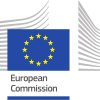
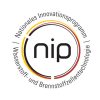
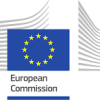
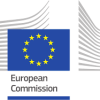
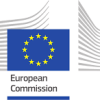
Technologies/solutions to support circularity for manufacturing (Made in Europe Partnership) (RIA) 0 reviews
Login to Write Your ReviewThere are no reviews yet.